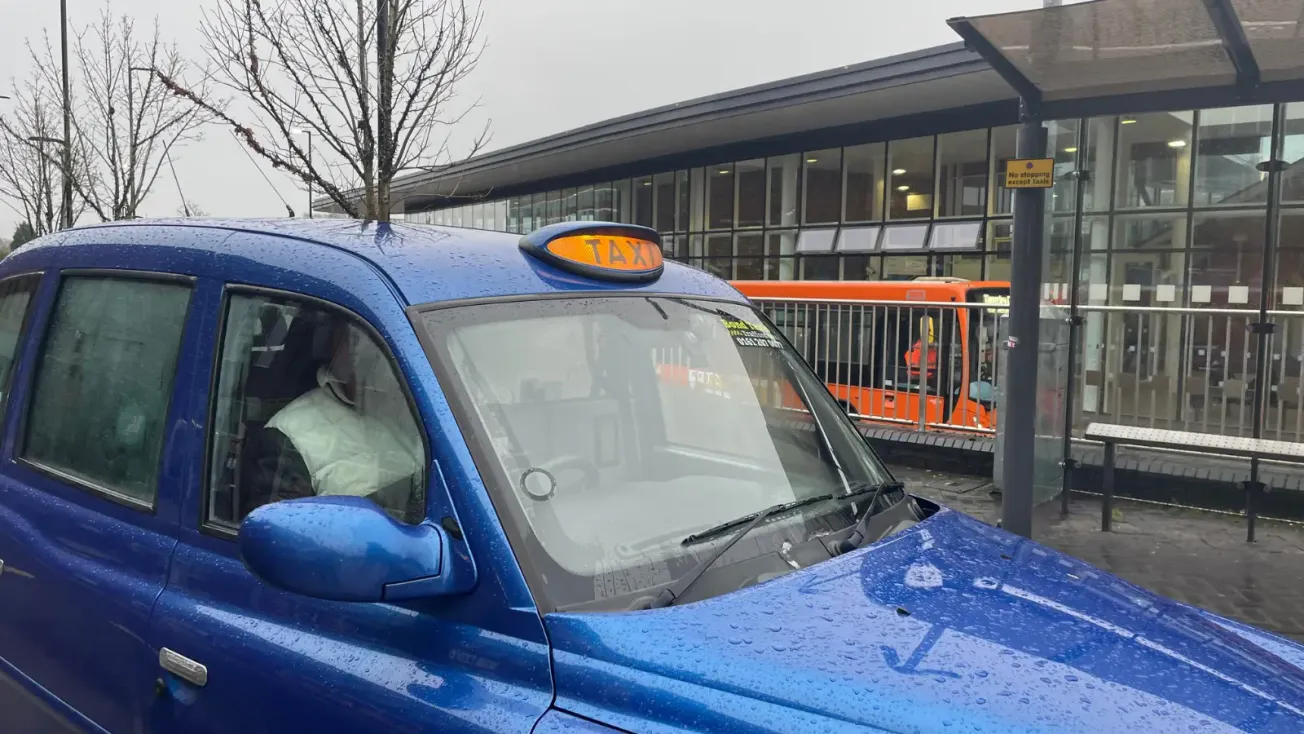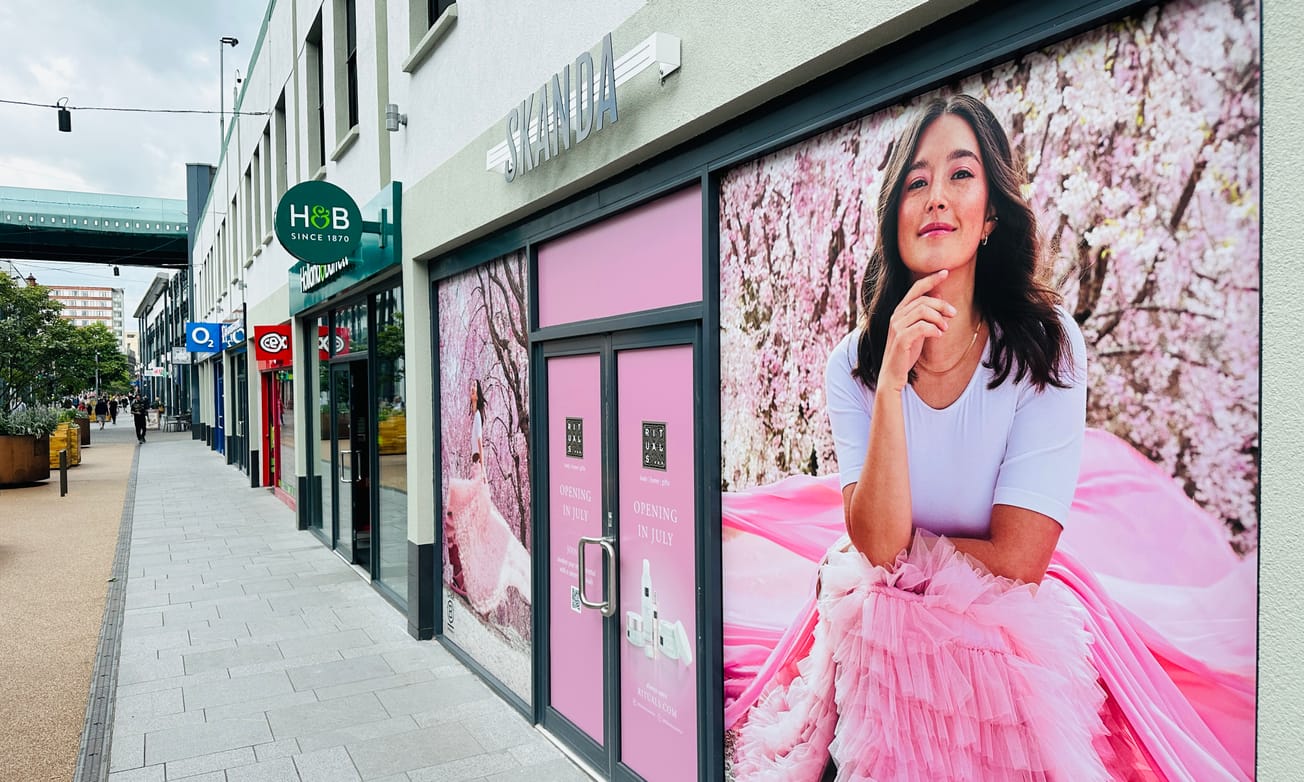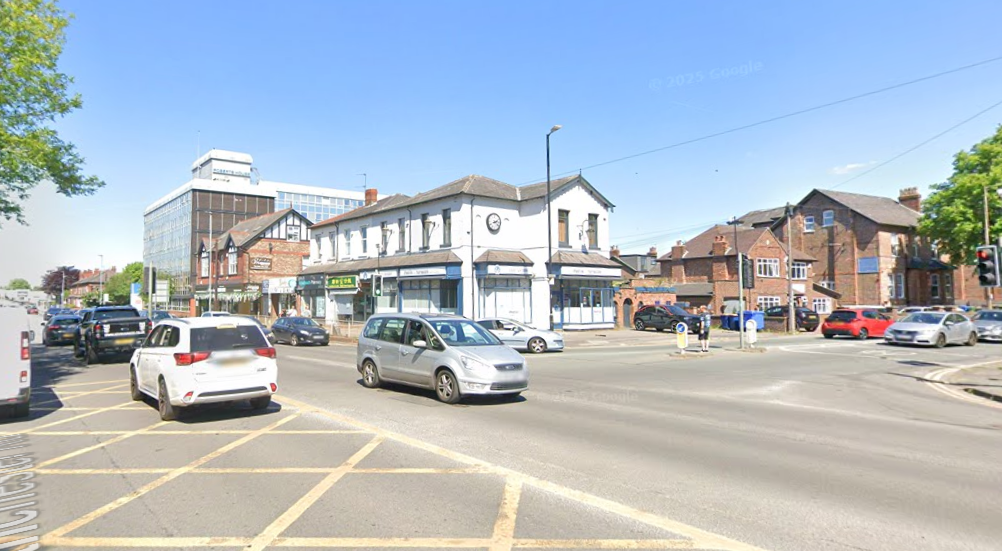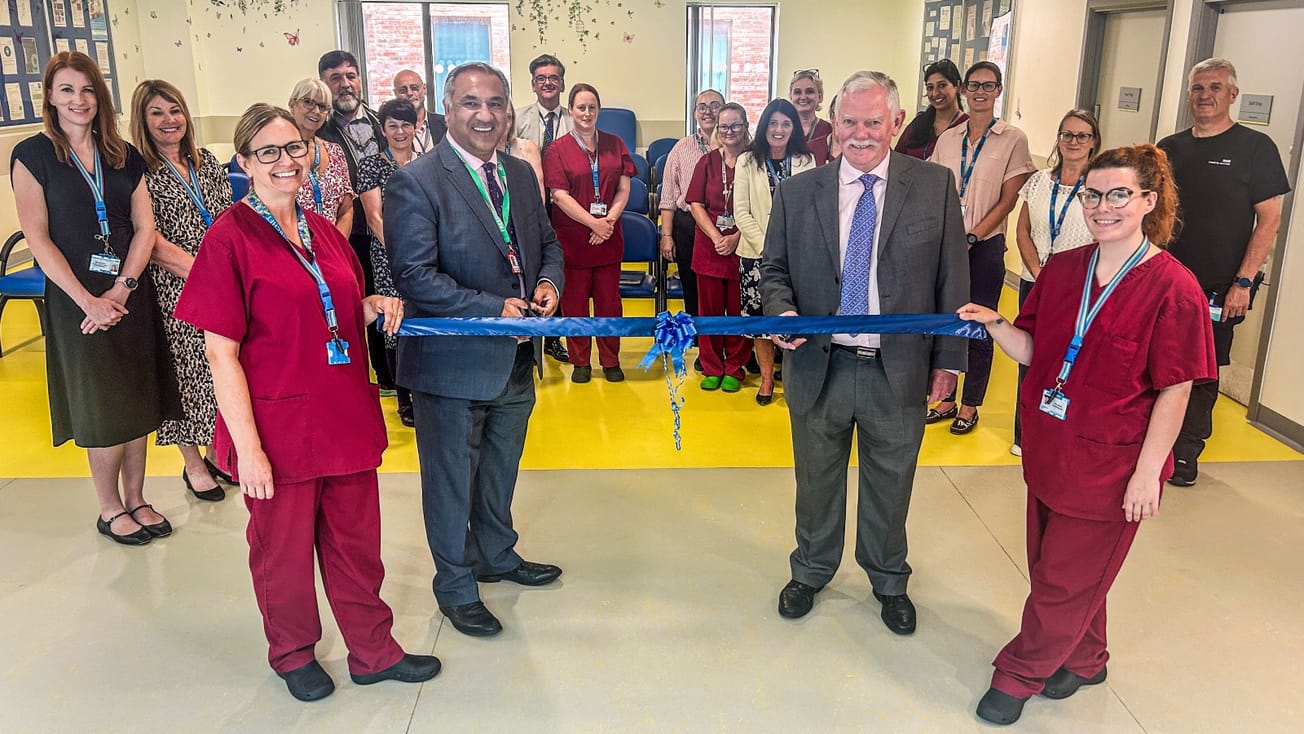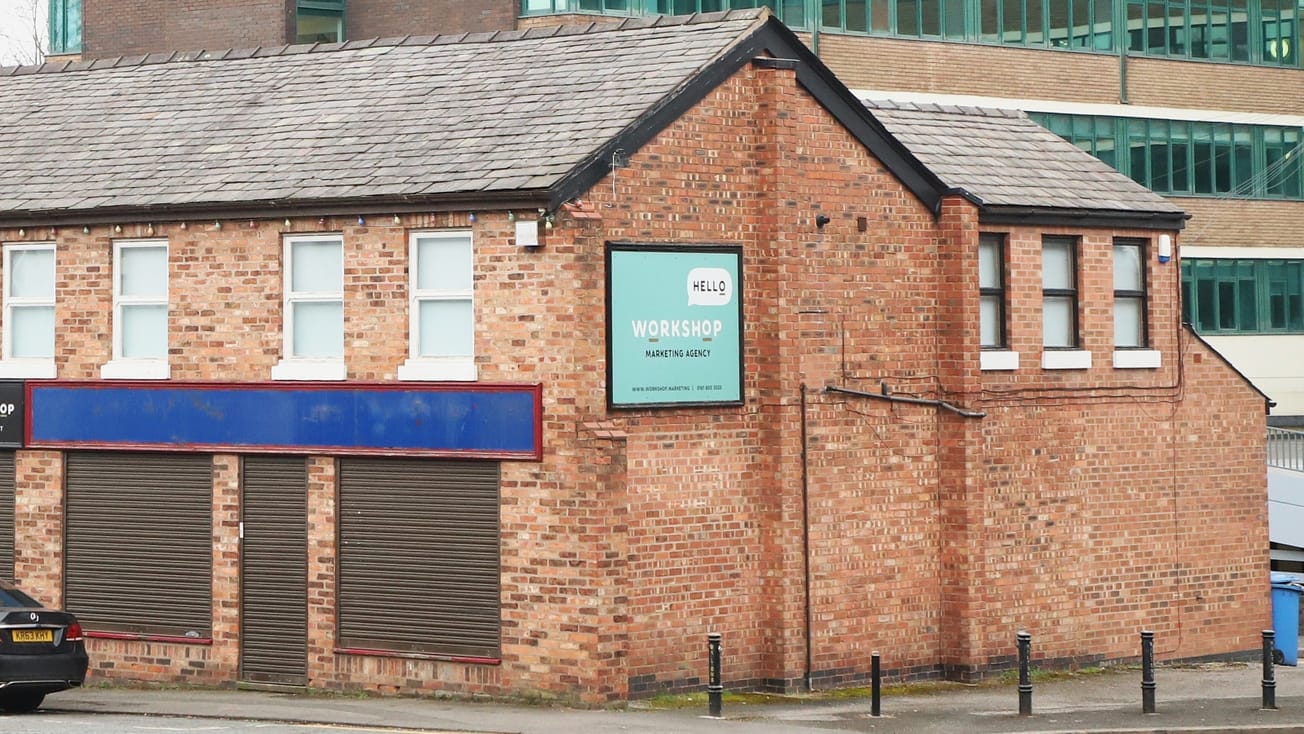Trafford has lost over one in five licensed taxi drivers since the start of the pandemic, according to statistics from the Department of Transport.
The borough, along with Tameside, is the most affected area of Greater Manchester.
Local bosses blame the exodus on new regional-wide congestion charges, excessive regulation, and a breakdown in communication between the trade and Trafford Council.
| Council | No. licensed taxis in 2019 | No. licensed taxis in 2021 | % change |
| Bolton | 1,966 | 1,873 | -5 |
| Bury | 1,194 | 1,089 | -8 |
| Manchester | 6,889 | 7,687 | 11 |
| Oldham | 1,362 | 1,311 | -4 |
| Rochdale | 1,800 | 1,686 | -6 |
| Salford | 1,307 | 1,248 | -5 |
| Stockport | 1,341 | 1,349 | 0.6 |
| Tameside | 1,104 | 863 | -22 |
| Trafford | 1,546 | 1,207 | -22 |
| Wigan | 1,548 | 1,430 | -8 |
A breakdown of the number of licensed drivers in Greater Manchester
Mike Brown, manager of i-Cabs Disabled Transport, which provides services for disabled, elderly and special needs passengers, said: “We have been saying for 20 to 30 years that we don’t need any more rules.”
He added: “All the taxi drivers are saying this is not financially worthwhile, so we’re leaving the trade and going to work for Tesco or Amazon.”
The new rules, which Mike calls “anti-competitive”, are embedded within two new schemes: the Taxi Minimum Licensing Standards which took effect in December 2020, and Clean Air Greater Manchester which will be introduced in May 2022.
Greater Manchester’s Taxi Minimum Standards is a comprehensive plan designed to make services ‘safer and more customer-focused, with high environmental and accessibility standards’. The scheme outlaws petrol and diesel taxis on the road after 10 years, forces drivers to undergo regular medical examinations, requires a DBS check at least once every six months and insists on more stringent booking records.
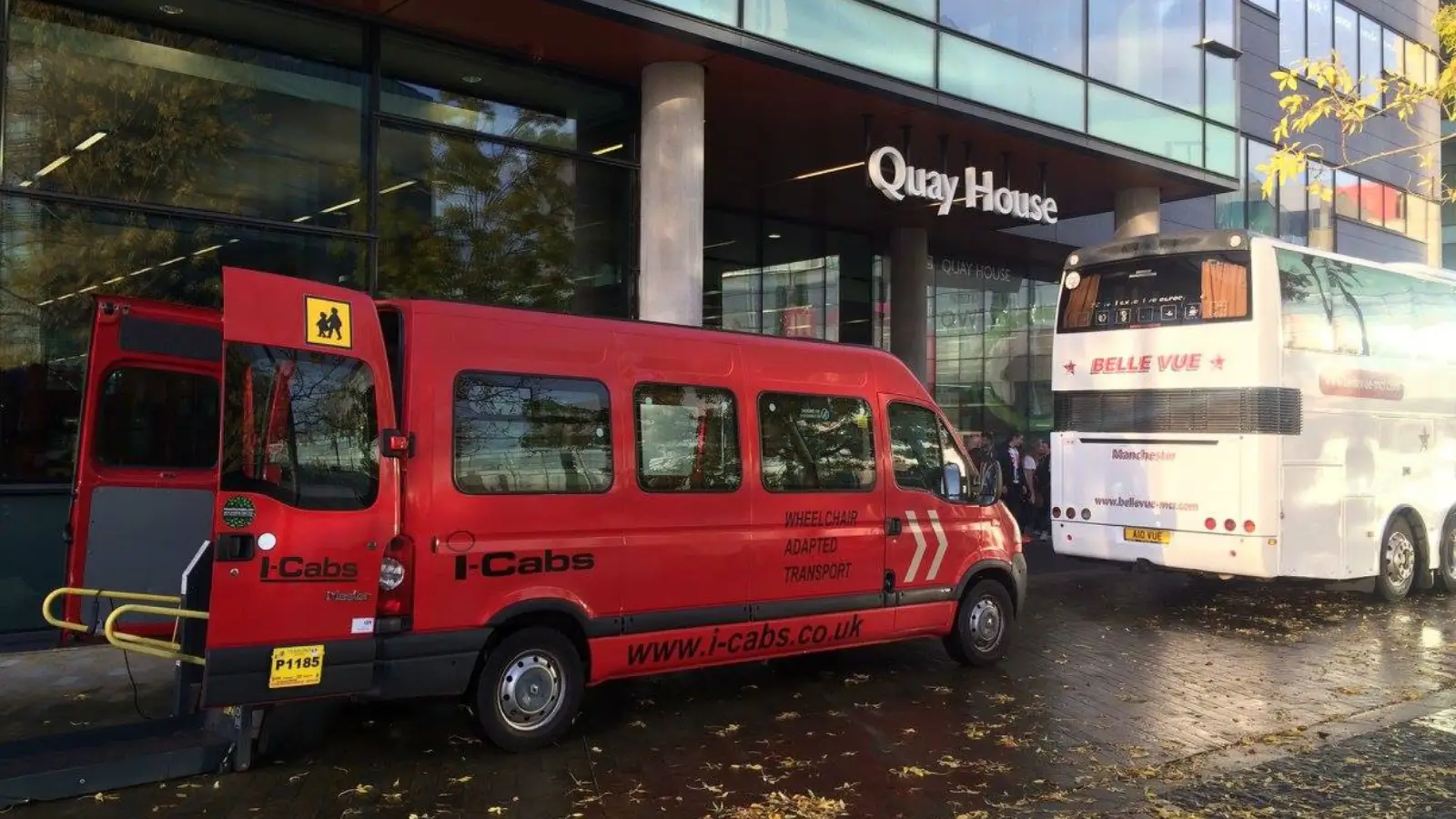
With the intention of nudging current workers towards electric cars, the city’s Clean Air Strategy will hit drivers who own older diesel and petrol engines with a £7.50 daily surcharge.
Many taxi drivers are concerned that the new taxes and added costs of buying and maintaining an electric vehicle are pricing them out of the market.
On a Saturday night in Altrincham town centre, one black cab owner told Altrincham Today: “I have been working all day today and I have made £20.
“How do you think we are going to buy an electric car at the same time?”
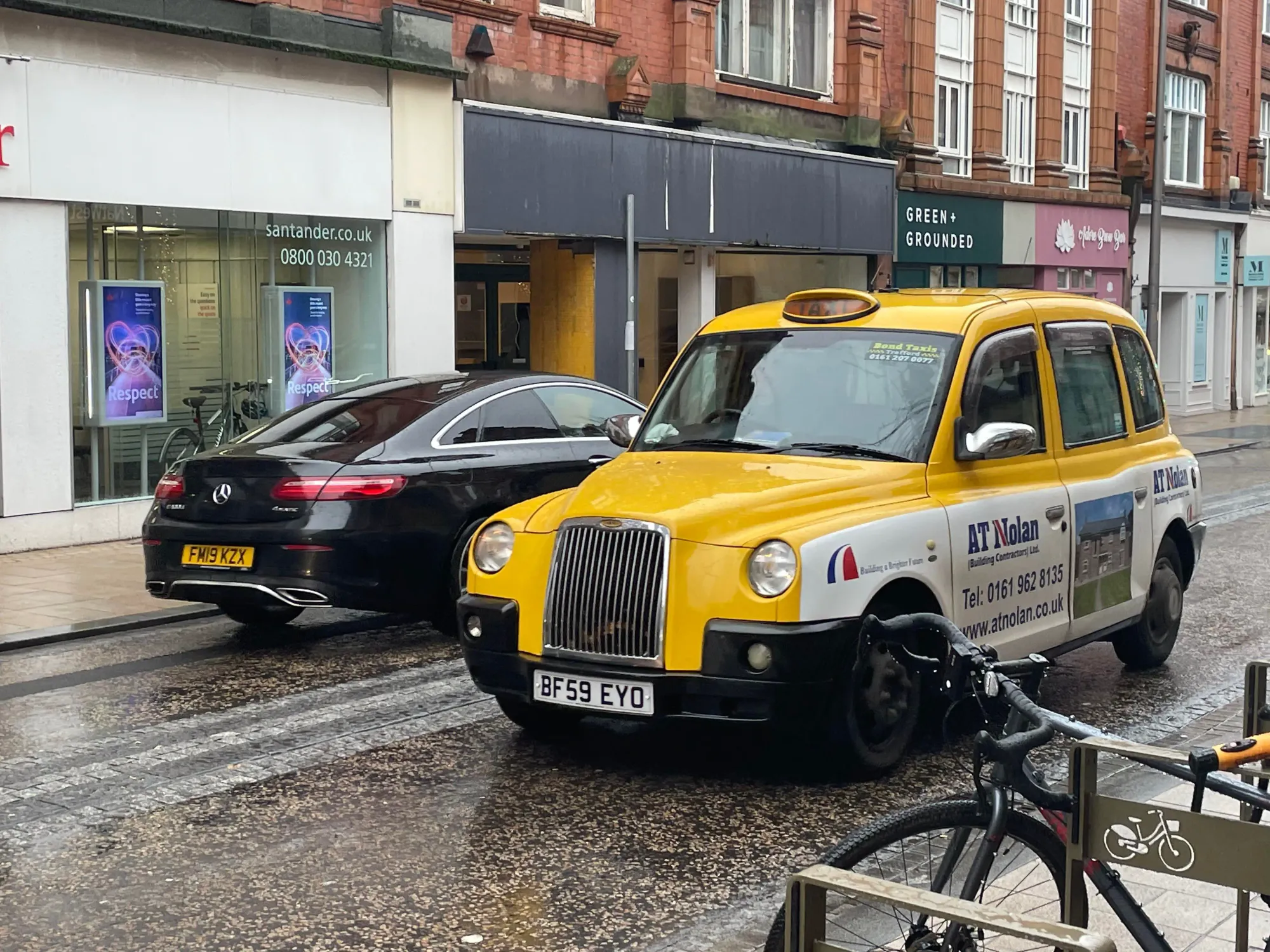
Another driver said: “They are all off their heads [Trafford Council], they have got to realise that we can’t afford to purchase [electric cars].”
Drivers will be given £5,000 grants towards a replacement vehicle, and those purchasing compliant wheelchair accessible motors will be given up to £10,000.
However, research from Altrincham Today suggests a new electric black cab costs £52,000, and specialist vehicles that are large enough to carry disabled clients can cost up to £80,000 – more than eight times the eligible grant.
While a second-hand version of a standard electric taxi can be purchased for £37,000, pre-owned diesel and petrol vehicles can be found for less than £5,000.
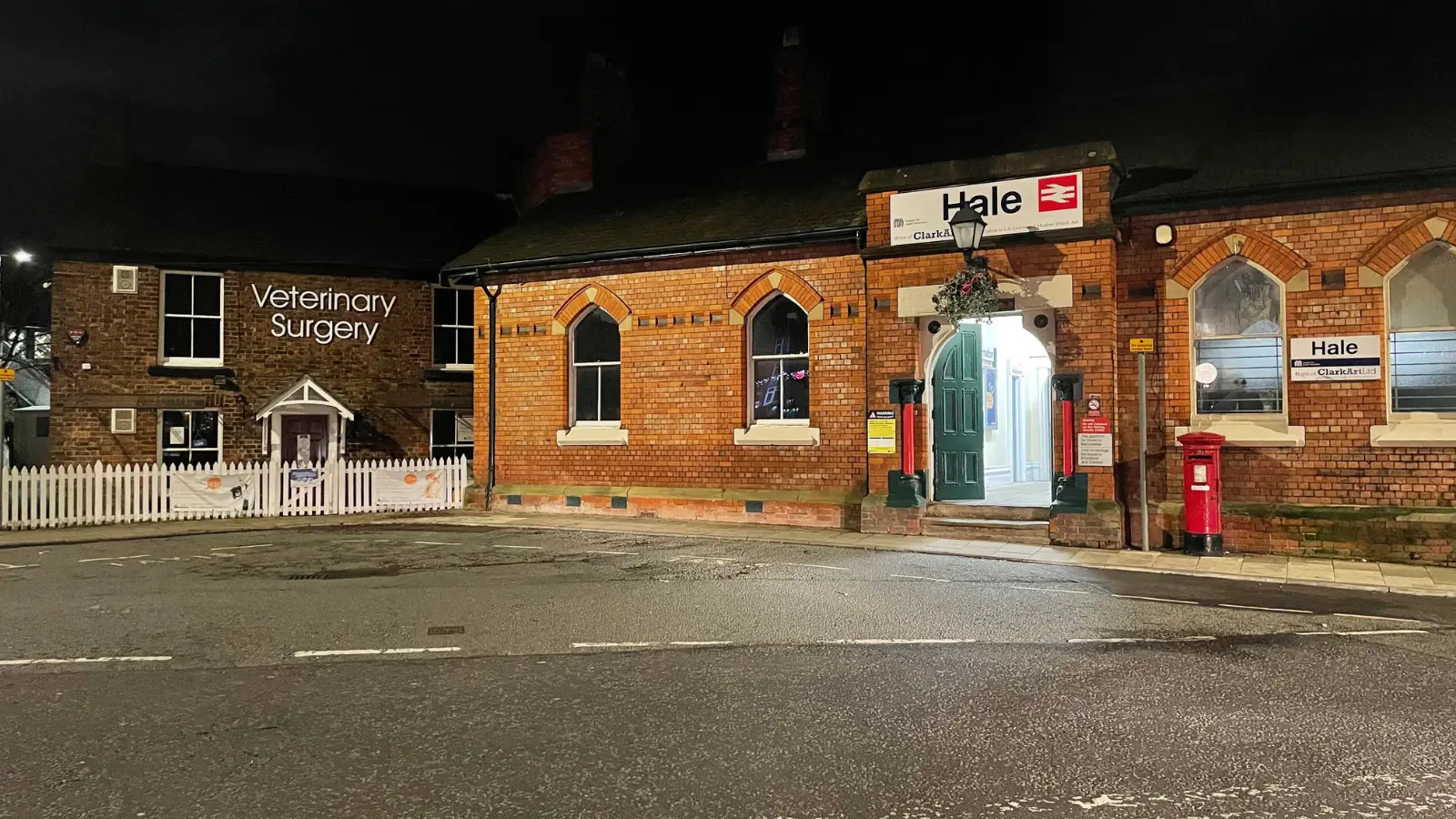
Added to this the battery life of an LEVC electric taxi – the leading manufacturer and retailer of electric vehicles in the UK – runs for just 64 miles, the equivalent of a journey from Altrincham to Leeds.
Paul Kinsey, member of the Association of Trafford Taxi Drivers, a representative body for local employees, is leaving the industry due to new regulations and financial penalties.
“The thing is with these new rules, they’re bringing them in to reduce emissions, but drivers will have to work another couple of hours to recoup the costs lost,” said Paul.
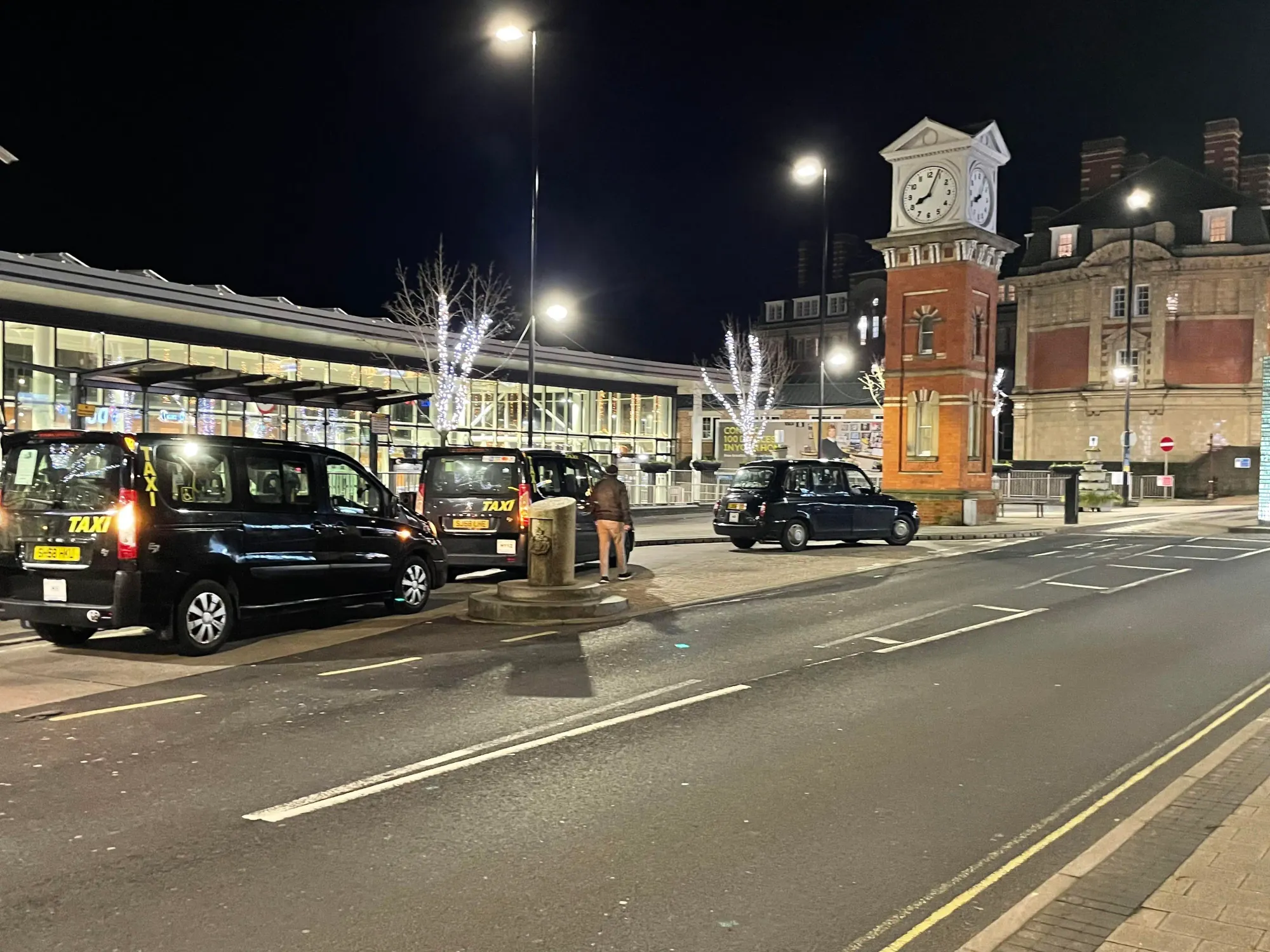
He added: “My badge ran out on November 30th 2021 and I didn’t renew it. I don’t want to invest a large amount of money in a business I can’t rely on.
“There is no incentive for me to invest in an electric vehicle because [I] will lose out.”
An appeal to stop Manchester’s new “Clean Air Zone’ has garnered 10-thousand signatures.
On Twitter Andy Burnham, the Mayor of Greater Manchester, responded to the online petition by explaining that although the new scheme was a “local decision”, it was “the Government [who] initiated the process” and that “only they have the power to stop it or delay it”.
Nonetheless Burnham is in favour of the new regulations arguing “we’ll all benefit from clean air”.
Another concern for bosses is the lack of available charging points for the new vehicles.
Manchester received £2.4m from central government to install 30 electric fuel stations for taxis across the city.
Equating to three per council, Trafford’s 1,207 taxi drivers will have access to a pump for less than one day a year.
There are currently no taxi and private hire electric charging points in Trafford.
As well as concerns with Greater Manchester’s new rules and regulations, local taxi bosses have levelled specific criticisms towards Trafford Council.
Ray Tandy, director of Passenger Cars, says waiting times for a taxi badge are unnecessarily long in Trafford compared to other neighbouring councils.
In a statement, Tandy said: “Drivers from the local area have been having to use out of area councils to get their badge, [they are using] Wolverhampton for example because they do not have such a long application process or waiting time.
“Drivers can complete the badge process within four to six weeks with other councils. I have known people to be waiting 3-4 years with Trafford. Drivers are retiring or leaving the job. It seems impossible to replace them.”
He added: “Our fleet has massively reduced but the demand has not.”
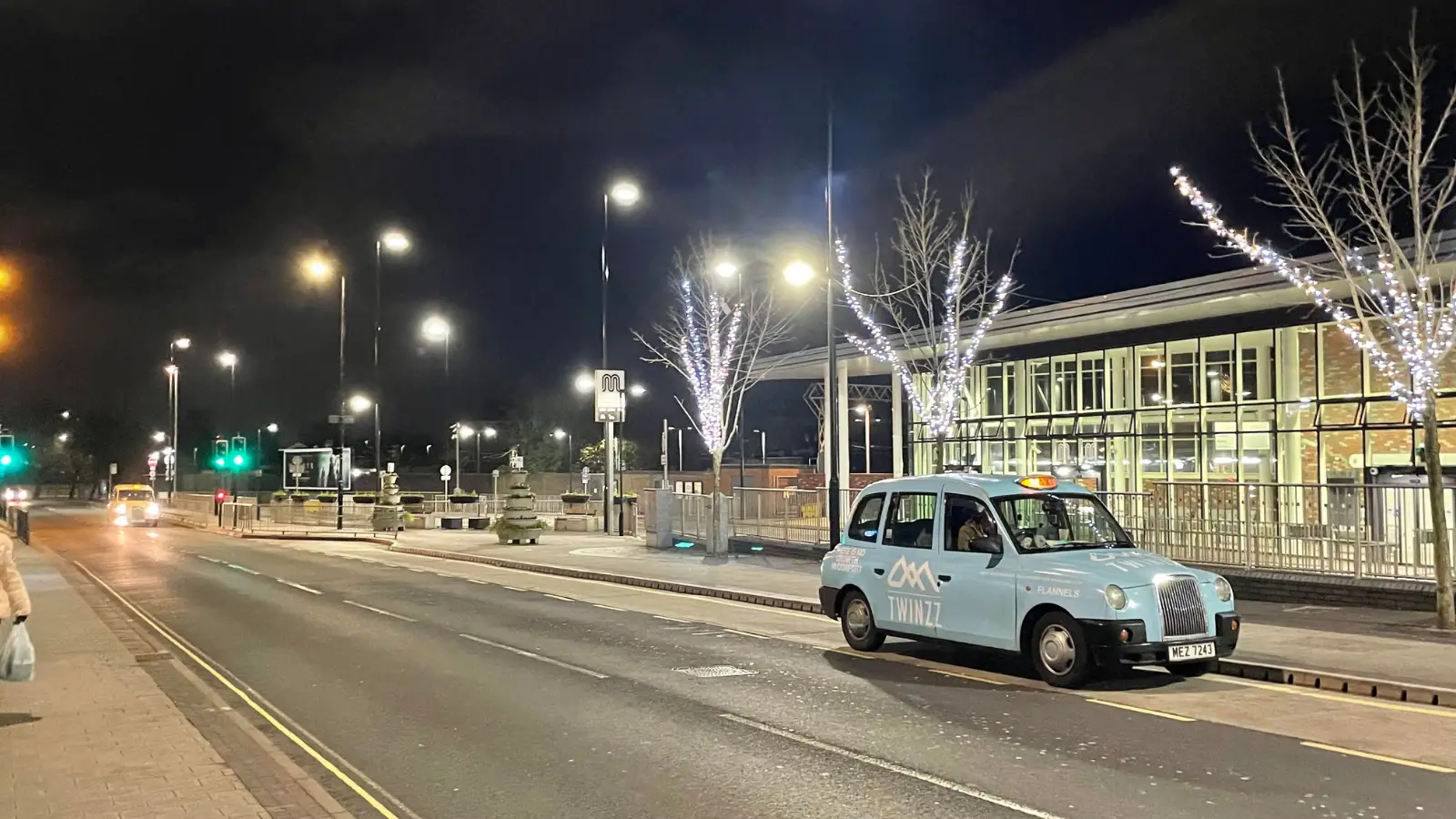
Earlier in 2021 the government provided local councils with the Additional Restrictions Grant (AGR) to support local businesses.
Over the pandemic, owner of i-Cabs Mike Brown claimed the council failed to inform all of his drivers about the funding during the pandemic. Out of Brown’s 10 employees, only two received an email from Trafford Council concerning it.
In documents seen by Altrincham Today, Trafford’s Senior Licensing Officer Kieran Hinchcliffe said a letter was not sent to all of his drivers due to “practical issues around Covid”, and said he was satisfied that “the word [had] got around” regarding funding.
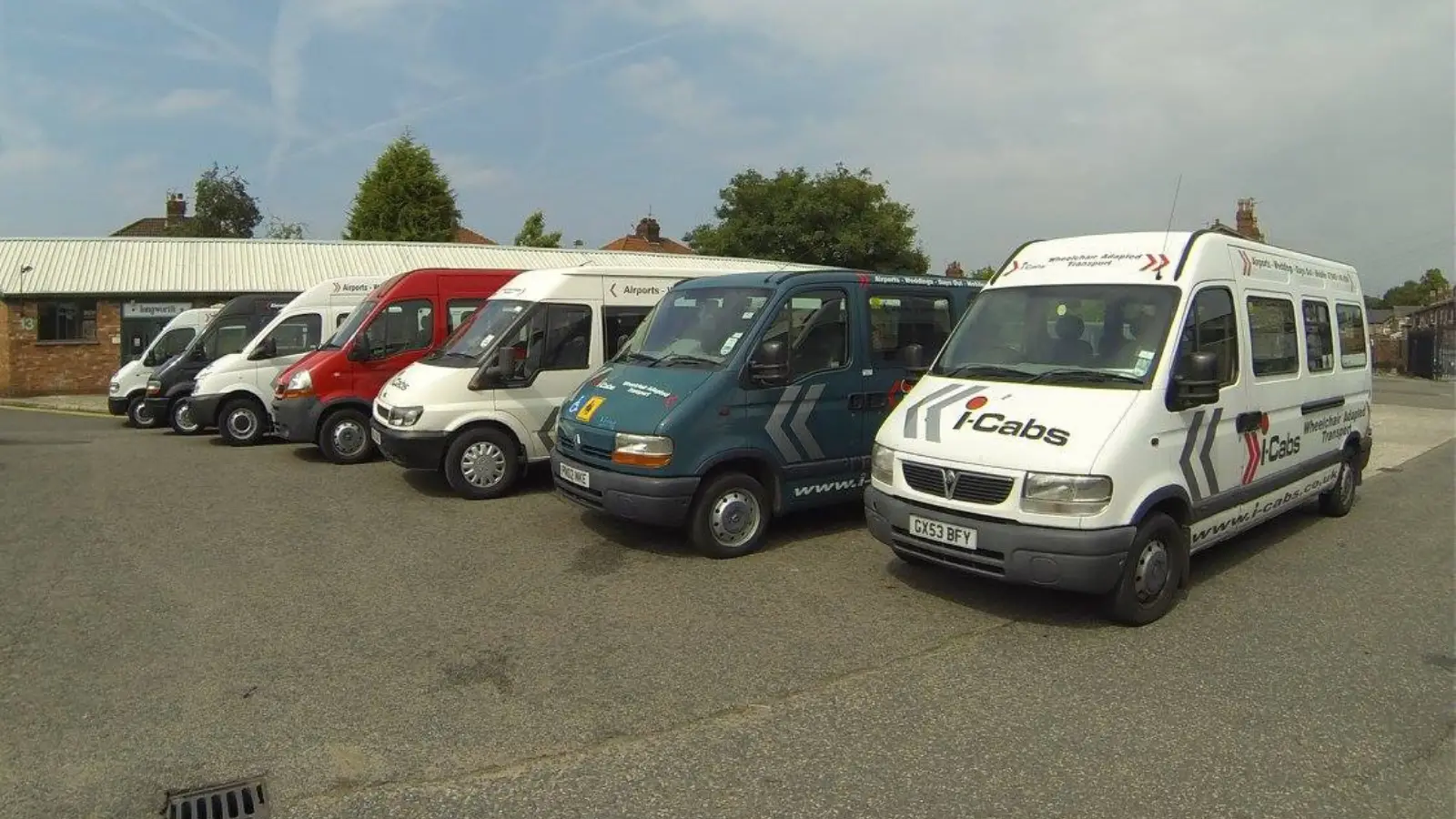
The decrease of available taxis in Altrincham has not gone unnoticed, with local residents voicing their concerns in social media and in public.
In a separate message to Altrincham Today Rick Bowen, a former journalist for the Altrincham and Sale Messenger, said: “Waiting for a cab after the bars and pubs have kicked out can be a very frightening experience, that deadly combination of booze and a desire to go home.
“Especially so for me, as someone with two disabilities who is medically unable to drive.”
In a joint statement, Trafford Council Leader Cllr Andrew Western and the Greater Mayor Andy Burnham said: “In March 2020, the Government instructed all 10 Greater Manchester councils to introduce a charging Clean Air Zone to tackle harmful levels of air pollution and achieve compliance with legal standards by 2024 at the latest.
“We know this is a major challenge for many individuals and businesses which is why we have always been clear with Ministers that it must be accompanied by a fair package of financial support.
“While the Government has provided £120M, we are concerned that they have so far failed to agree to our request for additional support for those who will find it hardest to make the change. We also warned them of our on-going concerns about the vehicle supply chain and the cooperation of National Highways.
“Over the past few months, Greater Manchester has continued to monitor these issues alongside the on-going impact of the pandemic and increases in the cost of living. In addition, late last year we commissioned new work to understand the impact of the growing global supply chain issues in the automotive sector which could affect the availability of some vehicles and people’s ability to upgrade.
“Greater Manchester leaders will consider the outcome of this work next week before asking the Clean Air Joint Committee to consider the implications for the Clean Air Plan later in the month. We are committed to reducing air pollution in Greater Manchester but also to protecting the jobs and livelihoods of our residents. We are listening carefully to concerns being expressed about the current situation and will make a decision shortly on our next steps.”

